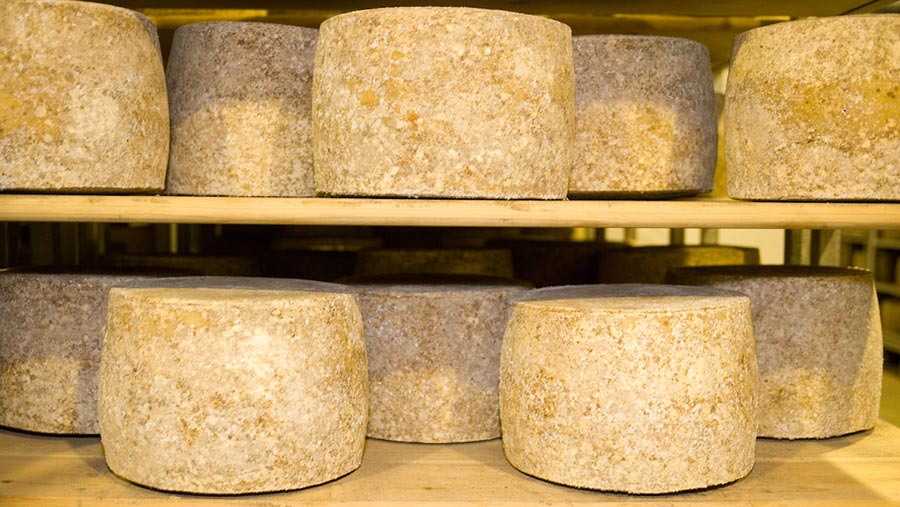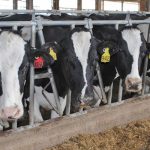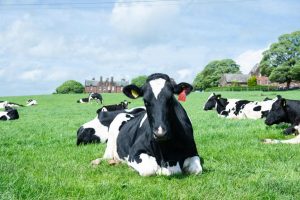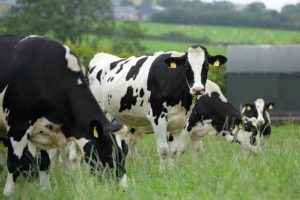
HMRC figures shows that UK cheese exports in February were 18,033t, an increase of 4,094t (29%) from the same month last year.
Cumulative exports of cheese across January and February were 15% higher than last year at 35,878t.
Cheddar exports to the EU grew by 16%, while exports to non-EU countries fell by 3%.
UK butter exports in January and February were also up 70% on a year earlier.
Irish imports
Meanwhile, imports of cheddar into the UK during January and February totalled 19,977t, a 77% increase on the same period in 2018.
The increase was largely due to higher imports from Ireland, with a total of 18,667t imported so far – double the amount from last year.
Michael Masters, milk supply manager at cheesemaker Barber’s, said a major driver in the increased levels of exports would have been a bid by UK processors to get product into the EU ahead of potential deadlines for the introduction of costly tariffs.
“This is much the same as the Irish have been doing in getting product into the UK to mature,” he said.
In the event of a no-deal Brexit, imports of Irish cheddar to the UK will face a tariff of about +£200/t equivalent.
Ornua, the owner of the Irish brand Kerrygold, is understood to have stockpiled nearly 40,000t of cheese in the UK, enough to supply its UK customer base for six months in the event of trade disruption.
However, in the event of no deal, tariffs on UK cheddar exports to the EU will be more than seven times higher than those paid by EU countries, at about £1,450/t.
Richard Hampton, managing director of organic dairy co-operative OSMCo, agreed that the import/export increases must reflect stockpiling between the different countries.
But he was surprised that exports to non-EU countries had fallen, given OMSCo has moved significant quantities of branded cheese and butter across to the US since the start of the year.
“All of our stockpiling has been to non-EU countries,” he said.
“We moved getting on for nine or 10 months of stock to the US in January and February.
“Without our intervention that amount would have fallen even more.”

























